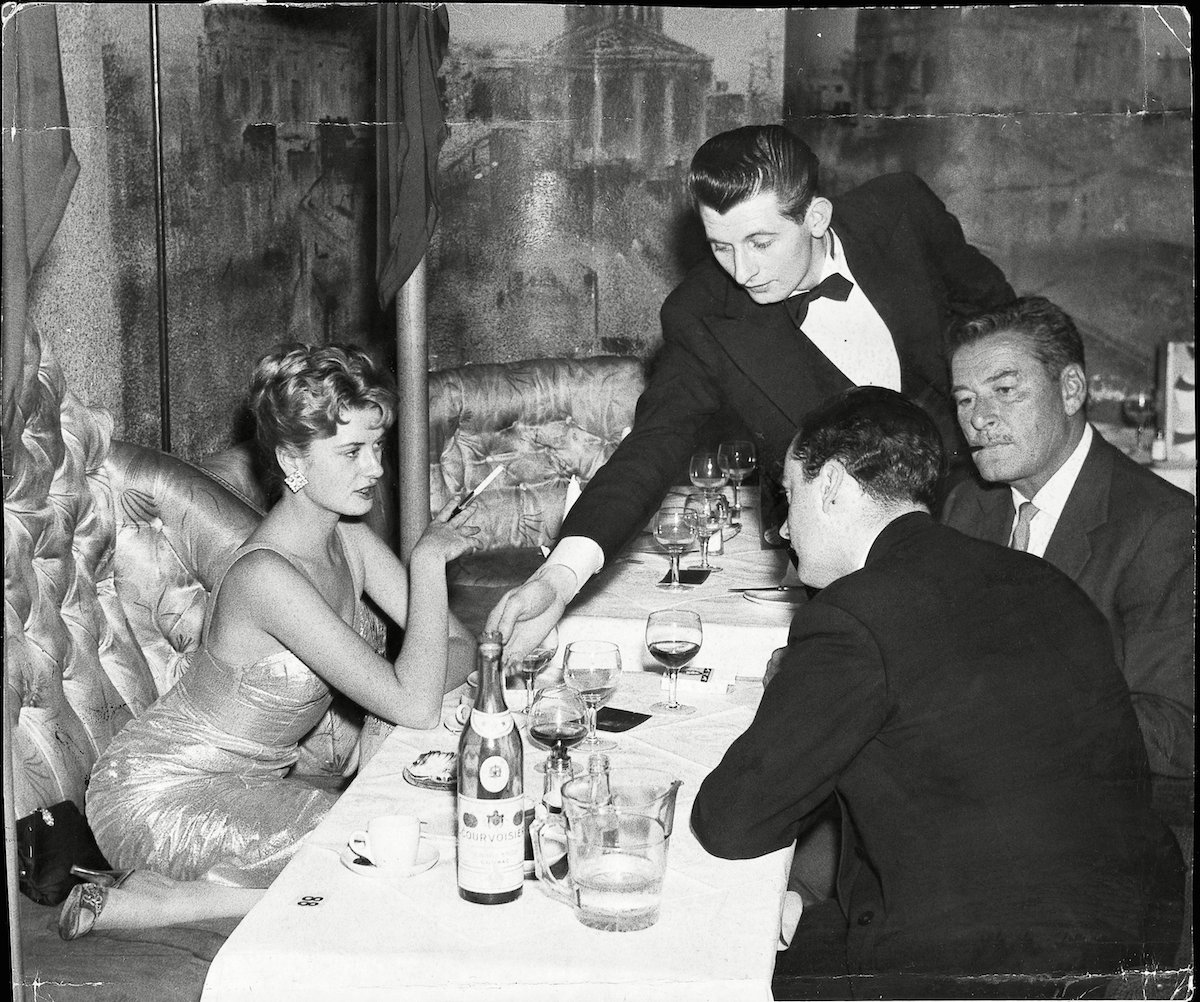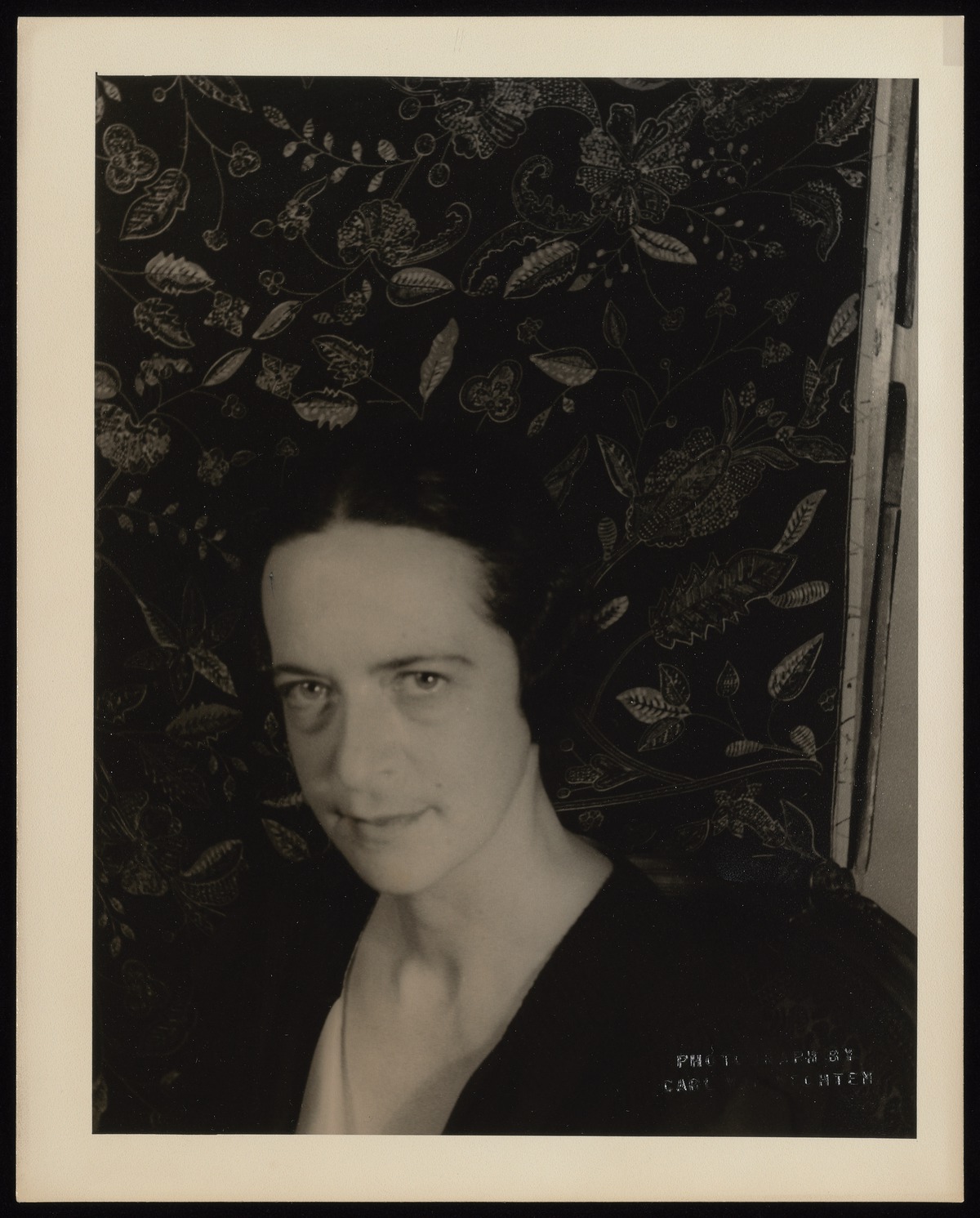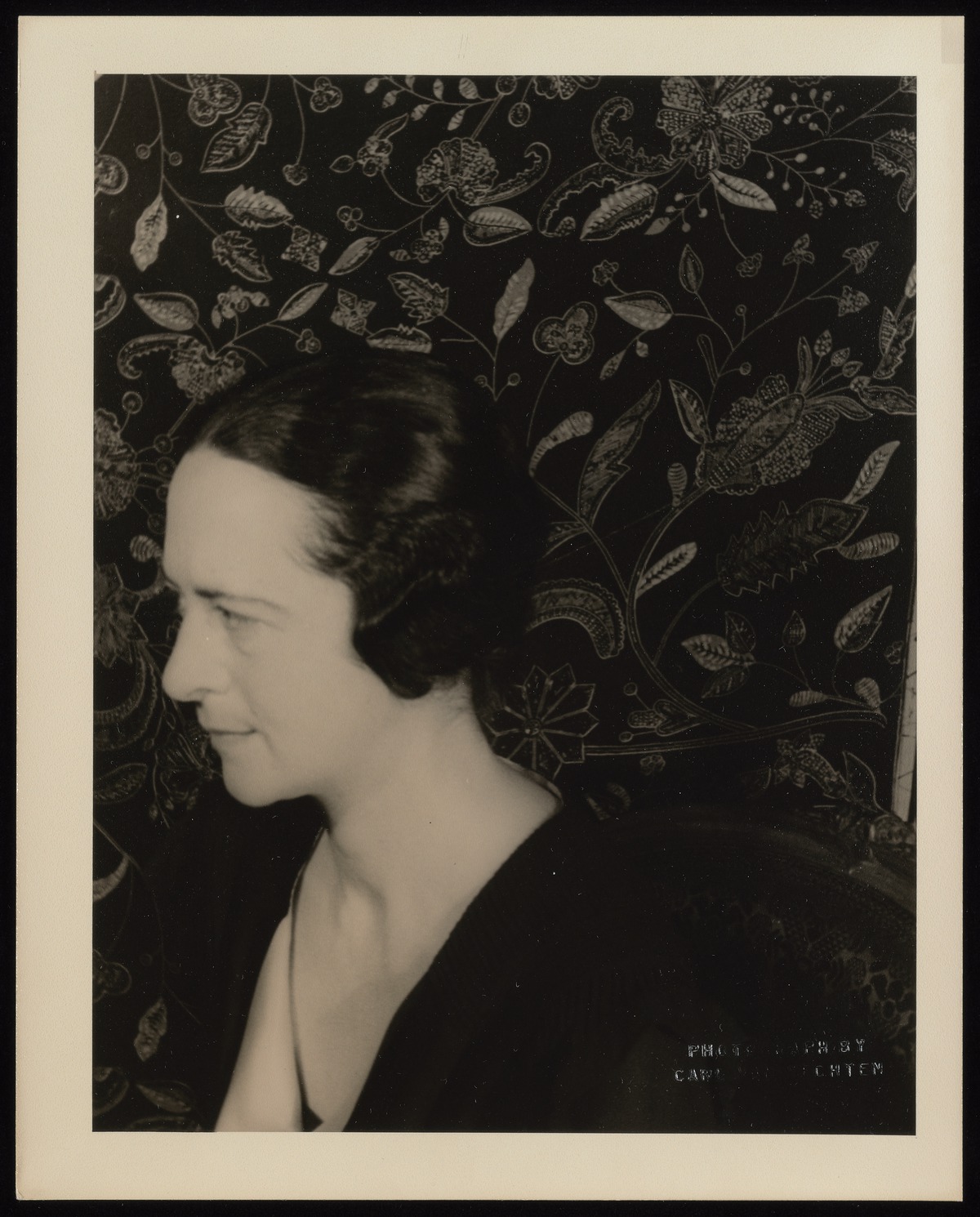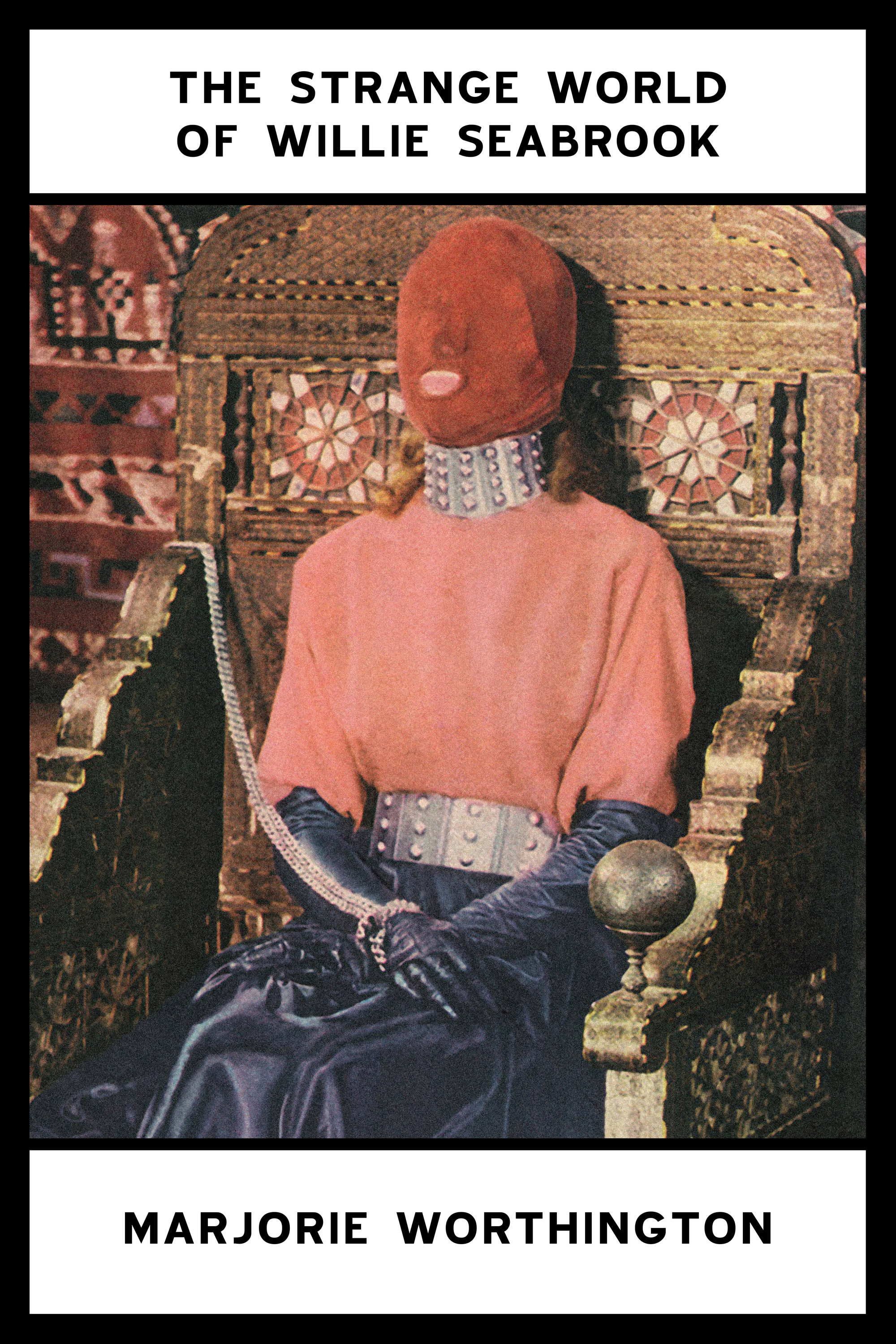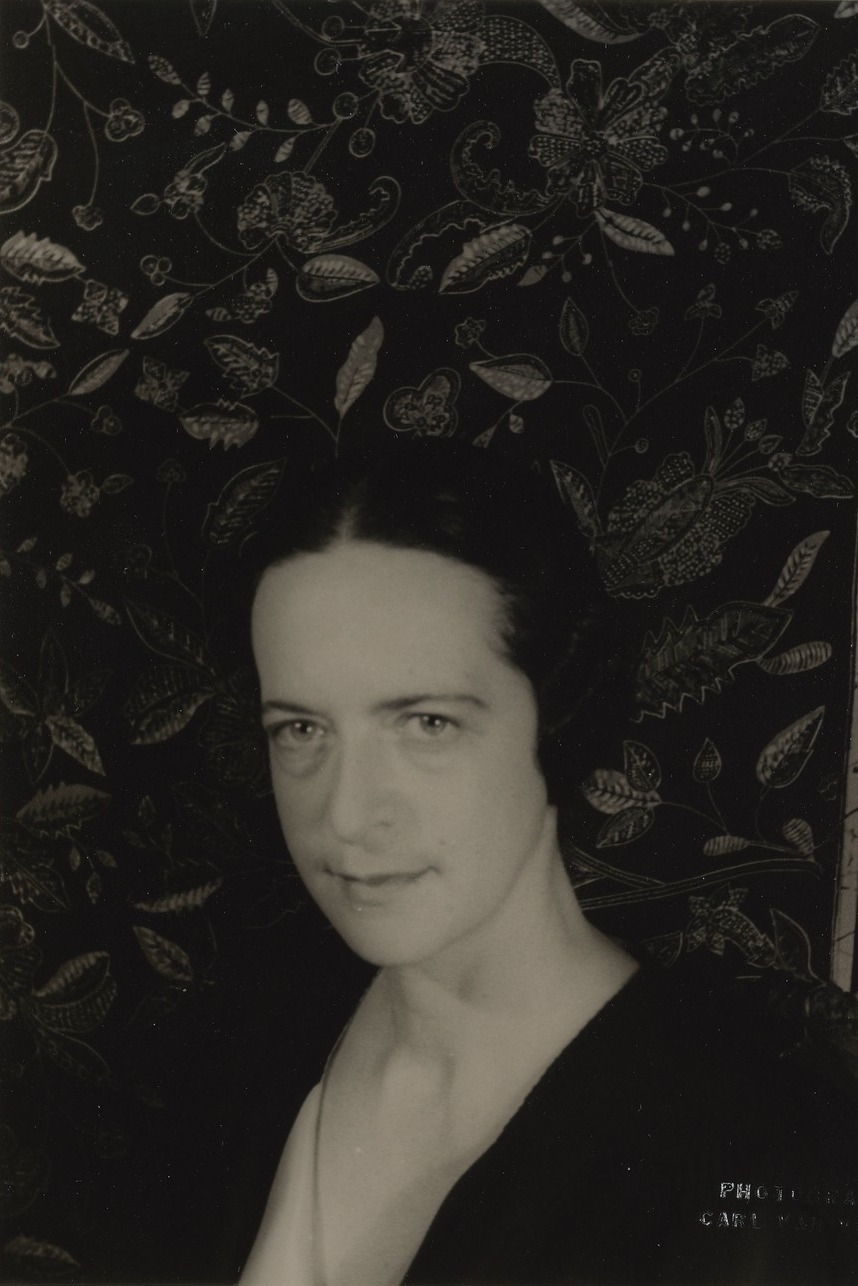FROM THE BIG LOVE
BY MRS. FLORENCE AADLAND
I know the world will always be full of chattering busybodies. I suppose I should be used to them by now, but I know I never will.
Ever since Beverly was catapulted into world publicity, she and I have been besieged by busybodies. After all the trouble and tragedy occurred, after Errol died and, later, that lovesick boy shot himself, Beverly and I were deluged by do-gooders and Bible-pounders. “Let’s have this girl baptized!” they cried. “Let’s bring this lost lamb into the church!”
As far as I’m concerned, those do-gooder busybodies can drop dead. And that’s what I told them when they came crying around at us.
The trouble with busybodies is that they never bother to examine the facts. If they had ever bothered to look into Beverly’s background, they would have discovered that she went to Sunday School and church for years, that she learned about God like all good little children do, and that she could recite her favorite Bible stories backward and frontward.
Even while I was studying with the Rosicrucians, I kept up with the Episcopal Church. I saw to it that Beverly was christened and later, when she was three, she won her first beauty contest at Sunday School. Beverly went as Bette Davis and, believe me, even though she was just a toddler she was Bette Davis. She wore one of my long skirts, a big brimmed hat, and trailed a hanky from her bent wrist. She flashed her big eyes all over the place and won in a breeze.
When Beverly was still quite small she was noticed one day by Jean Self at a Hermosa Beach cleaning shop. Jean, who lived in nearby Redondo Beach, had guided the careers of many famous children and she was so taken by Beverly that she encouraged me to enroll her in the Screen Children’s Guild.
From that time on Beverly had many, many opportunities. She posed for magazine pictures. She modeled children’s clothes. She sang and danced at club entertainments and at soldiers’ and veterans’ camps and posts. She was chosen mascot for the Hermosa Beach Aquaplane Race Association. She cut the ceremonial tape when ground was broken for a $200,000 beach aquarium. Her photograph appeared on the cover of Collier’s magazine.
By the time she was five, her hair was a golden blonde, very long and naturally curly. One day when we were returning home on a bus from Los Angeles she got into a winking contest with a bunch of sailors who were sitting ahead of us. They kept turning around, laughing loudly at the cute way she winked back.
I gave her a warning that day in no uncertain terms. “That’s all right now, dear,” I told her, “but in about ten years you better be careful because that’s when they’ll take you up on it!”
When she was five and a half she made her first movie, a commercial film in Technicolor called The Story of Nylon. She wore a special nylon dress and had a featured role in a colorful Easter egg hunt. She was paid six hundred dollars for four days’ work.
Not long after that she fell accidentally in the bathroom and struck the back of her head extremely hard. I became very worried and took her to a specialist for X-rays. I was relieved and happy when the films showed that she had not injured herself seriously.
The doctor was a very learned man, an authority on eastern religions who had lectured all over the world and written many books. He was absolutely fascinated by Beverly. He held her hands the way that Rosicrucian lady had done several years before and then he glanced at me.
“Mrs. Aadland,” he said very seriously, “wherever did you get this little girl? She is something very special. I can tell without ever having met her before that she has a great deal of talent.”
“Yes,” I said, “she has been singing and dancing since before she was a year-and-a-half old.”
Then the doctor sat down in his chair and did a very strange thing. He closed his eyes and passed his hand back and forth just above Beverly’s bright blonde curls.
“I think I see sort of a halo on this child,” he said.
His words absolutely astounded me – because one night a few years before, I’d thought I’d seen the same thing. I had come into her room where she was sleeping and there was a wonderful play of light upon her face and head. I suppose it was really just the light from the living room streaming in through the partly-closed door behind me, but it affected me very much.
“Be very careful of this child,” the doctor warned me, half seriously. “She is more precious than even you realize. Protect her and guard her.”
I was given a similar warning about a year later by the head of one of the advertising agencies Beverly modeled for. He was very fussy about his large modern office and never let any of the young children who modeled for him touch any of the objects on his desk.
He noticed Beverly playing with a letter-holder made in the shape of a dog and he shook his head and sighed.
“Florence,” he said, “I never allow any of the kids to play around my desk, but your child is so different I just haven’t the heart to tell her to stop.”
He shook his head again very slowly and solemnly.
“I’ve seen hundreds of little girls,” he said. “Perhaps thousands, but I’ve seen very few like your child. And I hate to tell you this, Florence, but I think this girl is going to cause you an awful lot of heartbreak.”
“What do you mean?” I said.
“I think men will be terribly affected by this girl,” he said. “I think men are going to kill over this girl. I have the feeling in my heart that she has the scent of the musk on her.”
I knew what he meant. It wasn’t the first time I had run into that phrase. I had read it in the Bible. I knew that women who had the scent of the musk were so desirable to men that in ancient times they had been kept hidden away in secret rooms. When it was necessary for them to be outdoors, they were concealed by veils and bulky clothing.
“Be very careful with your daughter,” he went on to warn me, echoing the doctor’s exact words. “You must be very careful to protect her from herself.”
Both men proved more terribly right than I ever could guess.
Find out more about:
Trade paperback, 206 pages. ISBN: 9781943679065.

